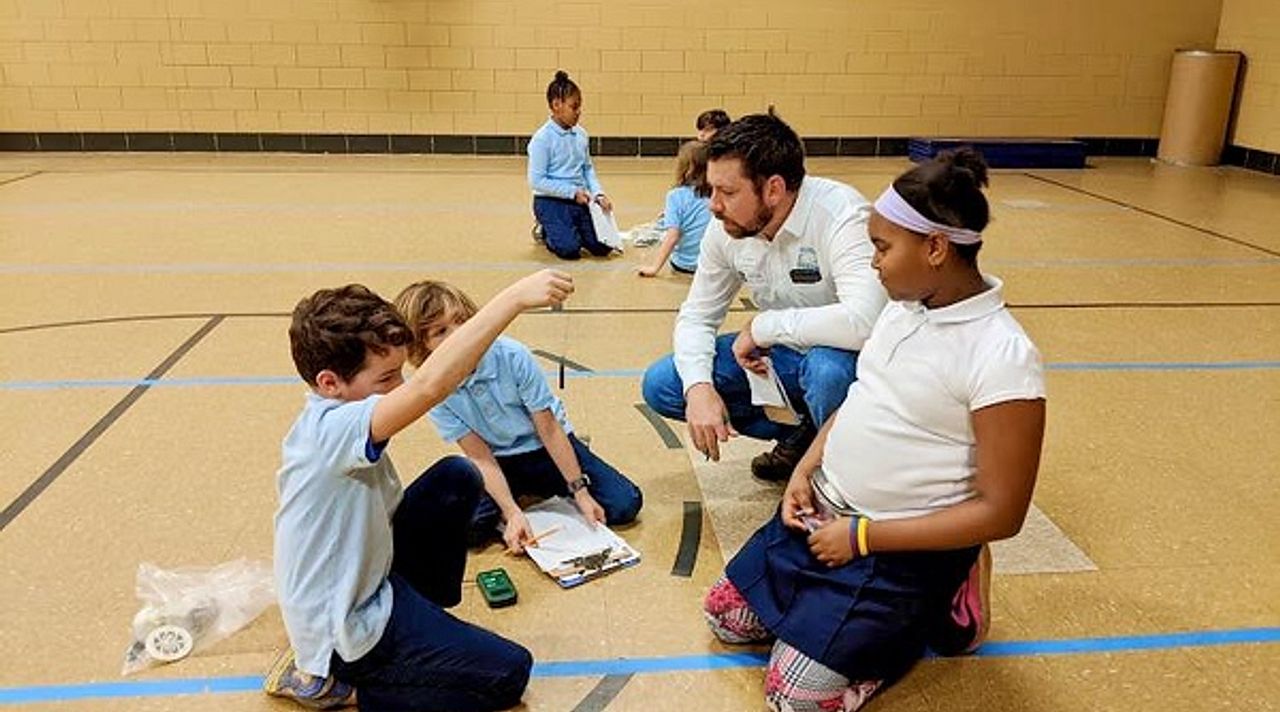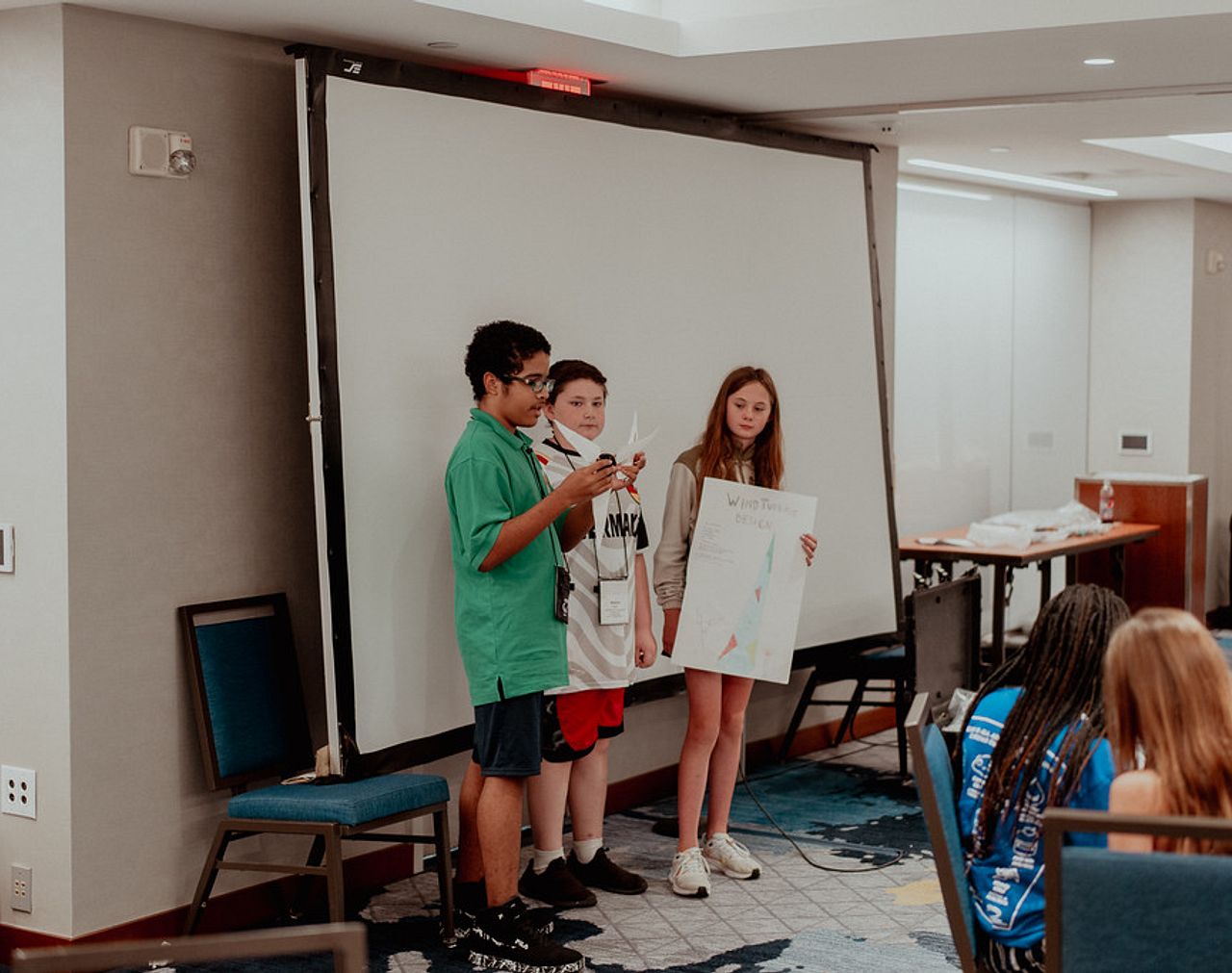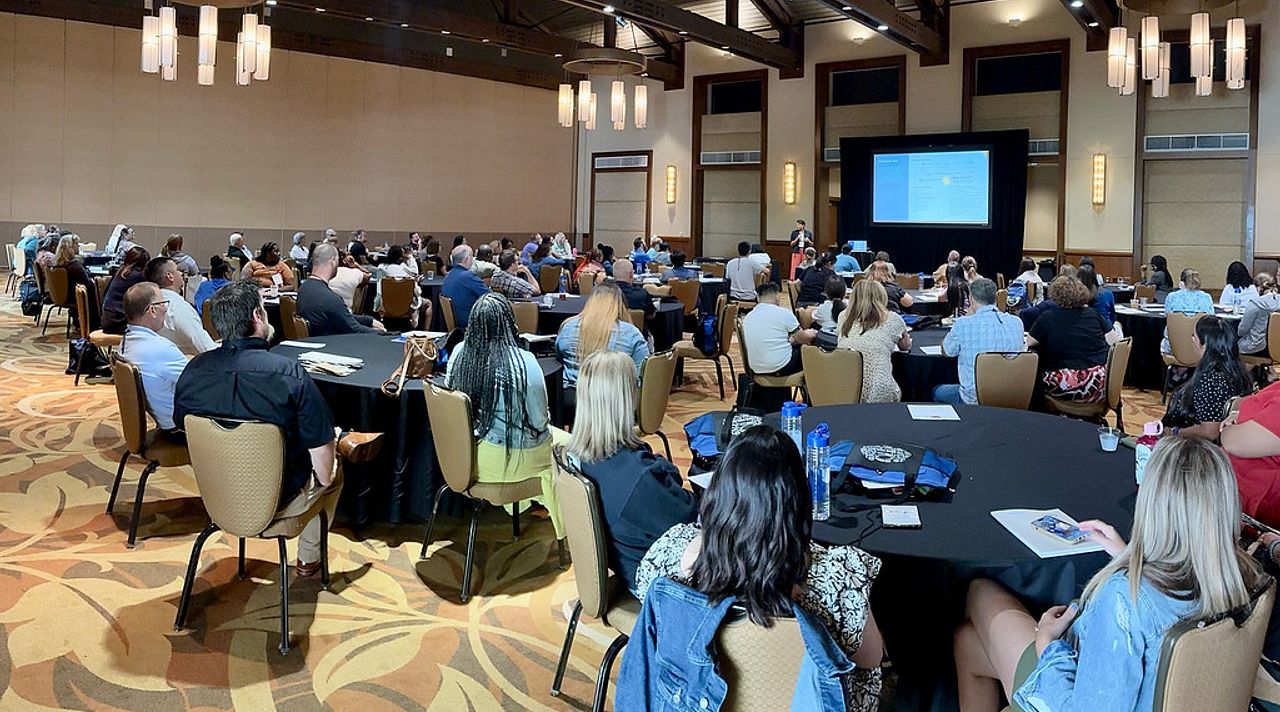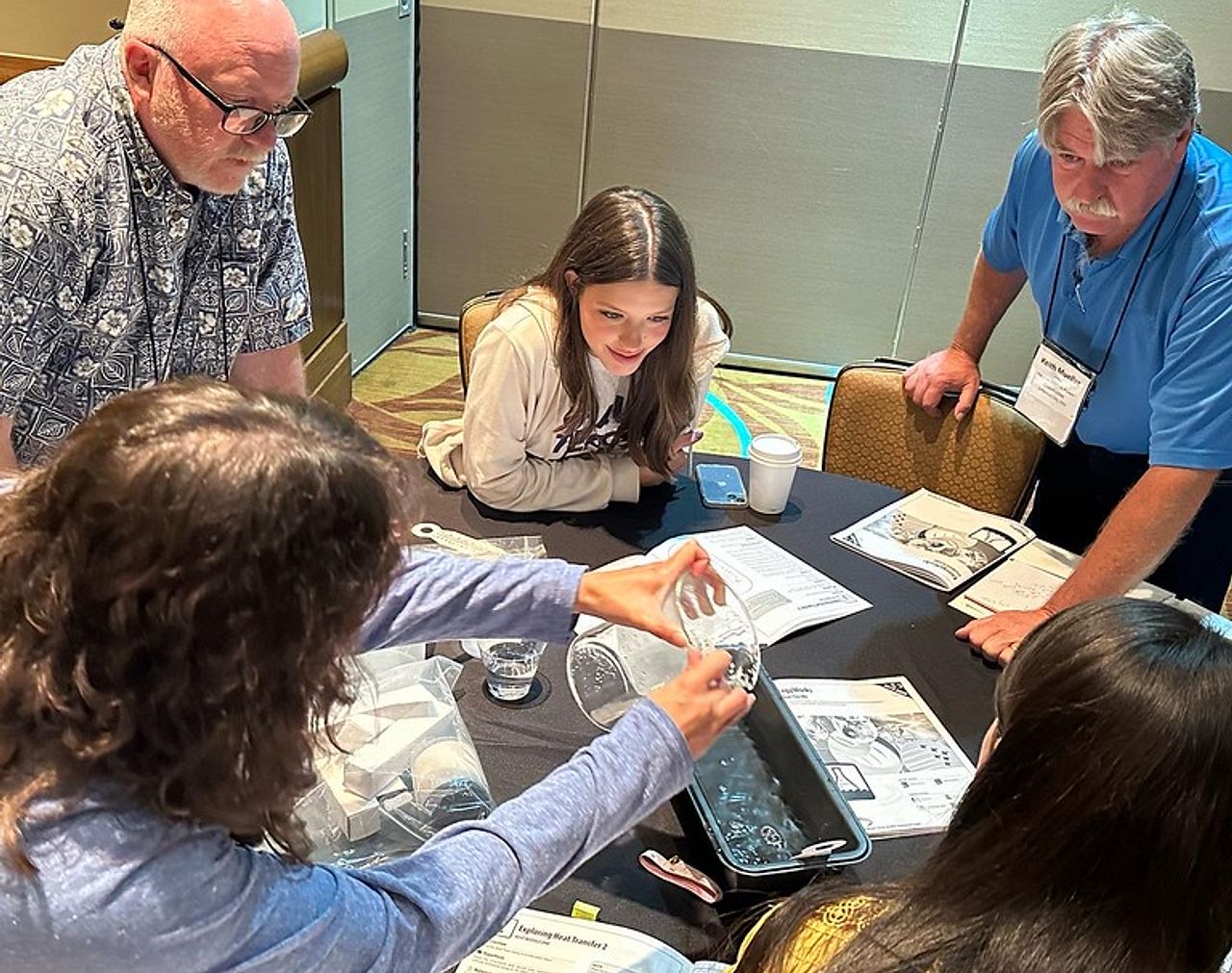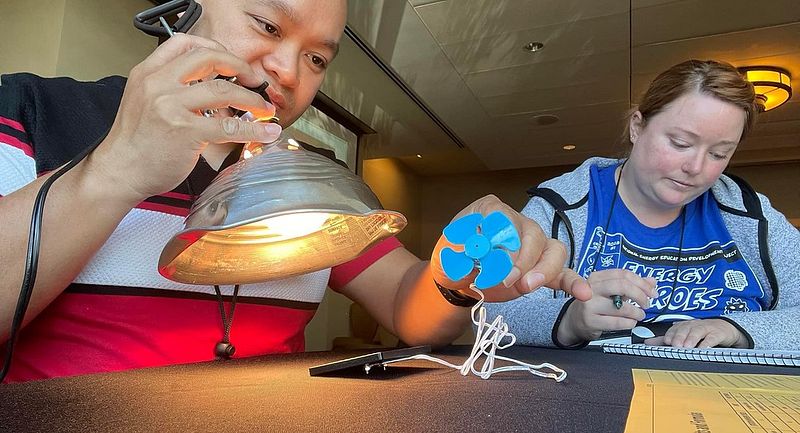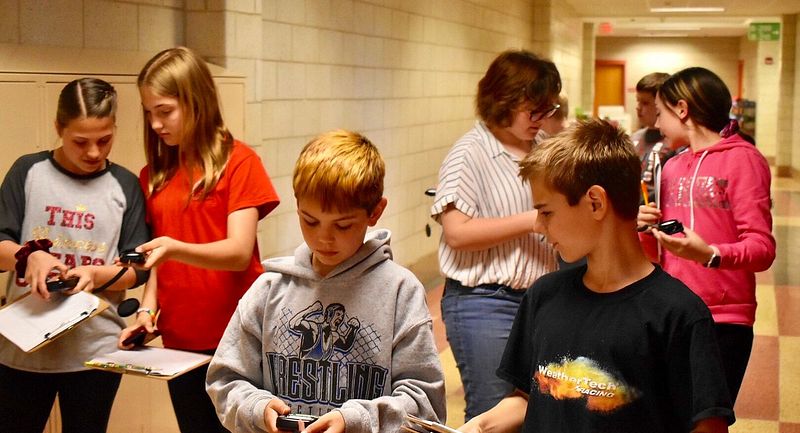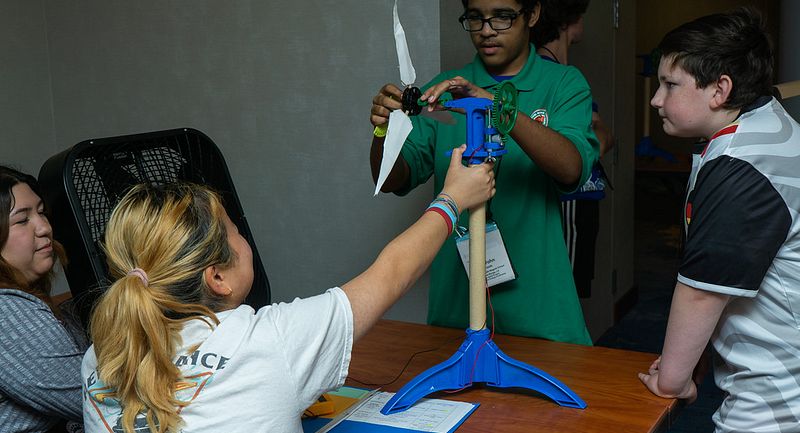Application Is Open
NC GreenPower’s Clean Energy Education Program is a STEM-based initiative that helps bring exciting and engaging energy curriculum to the classrooms of North Carolina teachers.
The program aligns with North Carolina State Science Standards and combines energy workshops, hands-on activities and outside community experts to enhance the experience of all students and expose them to the energy field and STEM. Participating educators are invited to take part in energy education workshops where they can receive STEM kits for their classrooms. These kits get students learning about the science of energy and how it impacts their daily lives.
NC GreenPower is partnering with the NEED Project to bring North Carolina educators this opportunity. The NEED Project is a 501(c)3 organization with over 40 years of experience in providing energy education programs to educators and students across the country.
All K-12 educators in North Carolina are invited and encouraged to apply. The Clean Energy Education Program will accept up to 30 schools in the 2025-2026 cohort.
Apply Now